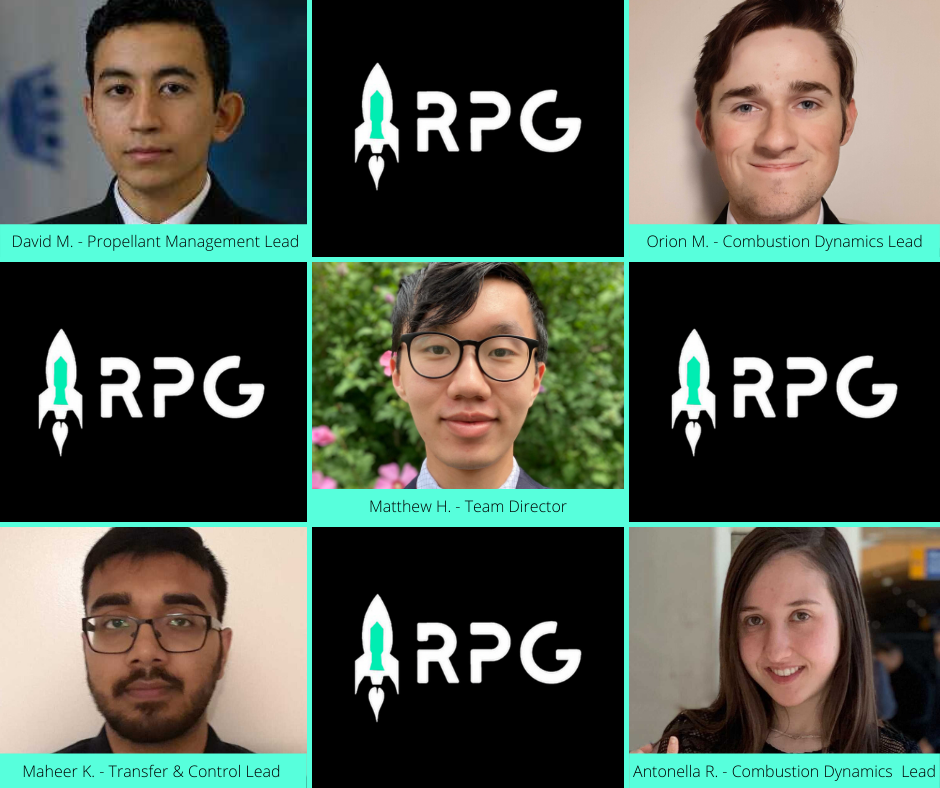Ryerson Propulsion Group set to finish rocket engine next summer after two years of preparation

The Ryerson Propulsion Group (RPG), a student team aiming to design, build and test a liquid bipropellant rocket engine, is expecting to make groundbreaking progress this year. Now in their third year of operation, the team is close to reaching their goal of completing their engine by August 2021, when they will perform their hotfire test at Launch Canada.
“In the past there’s been a lot of getting details and a formal plan together, but this is really going to be the golden year for our RPG,” said founder and Ryerson alumnus Balin Moher. The team hopes to provide a space for Ryerson students to explore rocketry and propulsion in a way that cannot be replicated in classrooms.
Now that the planning and design work segment has been completed, RPG plans on spending this entire school year testing and, finally, launching in August.
After more than 200 people showed interest in joining the team at their kickoff event last month, about 80 people joined as members to help with the technical aspects that need to be worked on this year.
Currently their engine is a pile of parts, each of which needs to be tested individually in order to prepare for assembly, and once they get through every stage of testing they can perform the launch.
“This is what people sign up for when they talk about rocketry, the most exciting parts are these launches and fire tests,” said team director and fourth-year mechanical engineering student Matthew Ho.
“Rocketry is a field that you can do safely, but you have to be mindful of many hazards. For example, literally everything is flammable, but as long as you have a safety mindset, you can really navigate any hazard,” said Ho. “COVID-19 is just one more to add to the list.”
This is the first year the team has required in-person construction, but with the support of Adam Trumpour — founder of Launch Canada and a Ryerson alumnus — they will be able to use off-campus facilities and resources for their assembly process.
The team started after Moher went to SpacePort America Cup, an international competition for university rocketry teams to launch their rockets and compete for prizes, while in his fourth year at Ryerson.
After winning second place among 70 teams in the panel competition that year, Moher realized that there were many American universities making liquid or hybrid engines, but hardly any Canadian universities. “I thought to myself, why isn’t Ryerson doing this?” said Moher.
Although he was doing work with the Ryerson Rocketry Team, Moher said they did not want to focus on propulsion development due to how large of an undertaking it is. Instead they wanted to perfect the rocket design they already had rather than reallocate resources to a new propulsion system.
During RPG’s first year of operation, Moher ran into some controversy with the Ryerson administration regarding the safety of the endeavour.
After only receiving $5,000 for their budget, a significant difference from the $25,000 they asked for, Moher took it as a minor setback that they could solve with sponsorships from outside organizations. But a few weeks later, the university put the funding on hold out of concern that the project was too dangerous, and later attempted to cancel it entirely.
Moher tried to rectify the issue by contacting the dean of Ryerson’s aerospace department and other faculty members with their design reports and plans, but he said he was continuously ignored and asked to “basically go away.”
“It was pretty disheartening,” he said. “When I first recruited everybody, we were 100 students from all different disciplines working towards this goal, super excited and ambitious.”
Later on in that year, Moher was volunteering with Trumpour at a conference where he set up some RPG promotional items in their booth and ended up being interviewed by a journalist at SpaceQ.
After the article came out about RPG and their difficulties with Ryerson bureaucracy, it received a lot of attention and was eventually picked up by CBC, making national news. Following all the negative publicity, Moher received word from the university approving the group and their funding, but they still continue to closely monitor their procedures to this day.
The current members are in a much better position to complete their mission of building the engine, said Moher.
“There’s a lot more money in the bank from the past few years of not spending, a good foundation with the design we made in our first year and keeping the momentum going, they’re going to have a great year.”
